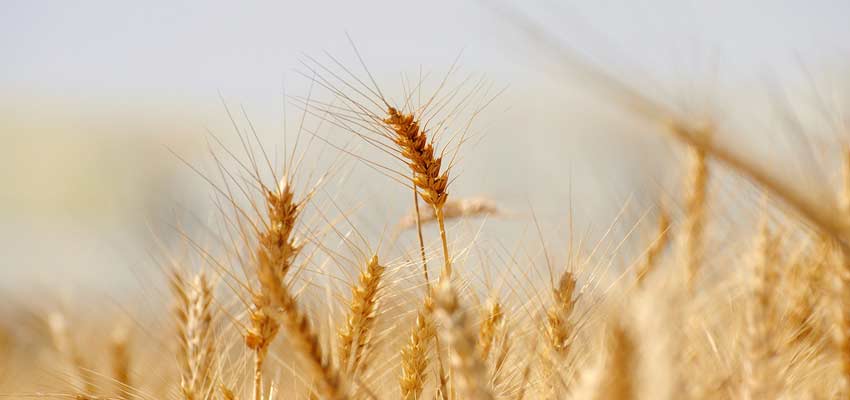The EU maximum levels for ergot alkaloids and ergot sclerotia in certain cereals and cereal products have been published in Regulation (EU) 2021/1399.
For unprocessed cereals (except maize, rice and rye), the ergot sclerotia content is lowered to 0.02%. For rye, the level must not exceed 0.5 mg/kg. A further reduction to 0.2 g/kg is intended to take place on 1.7.2024.
The maximum levels for the ergot alkaloids (defined as the sum of ergotamine, ergometrine, ergosine, ergocristine, ergocryptine and ergocornine and their epimers) have been revised for milling products, cereal grains for supply to consumers and wheat gluten are also covered by the regulation.
Ergot alkaloid maximum levels
|
Product |
from 1.1.2022 |
from 1.7.2024* |
|
Rye flour and rye grains (for final consumers) |
0,5 mg/kg |
0,25 mg/kg |
|
Ground wheat, spelt, barley and oat products (ash content <900 mg/100g) |
0,1 mg/kg |
0,05 mg/kg |
|
Ground products from wheat, spelt, barley and oats (ash content ≥900 mg/100g) |
0,15 mg/kg |
|
|
Supplementary cereal-based foods for infants (based on the commercial product) |
20 µg/kg |
|
|
Wheat gluten |
0,4 mg/kg |
|
*subject to the results of a feasibility study.
YOUR PLUS: AGROLAB laboratories have decades of experience in the analysis of cereals and cereal products. The determination of mycotoxins, ergot alkaloids and the sclerotia content in cereals are part of our routine services. We are also internationally accredited for seed analyses.

 Contact
Contact

 Contact
Contact Career
Career